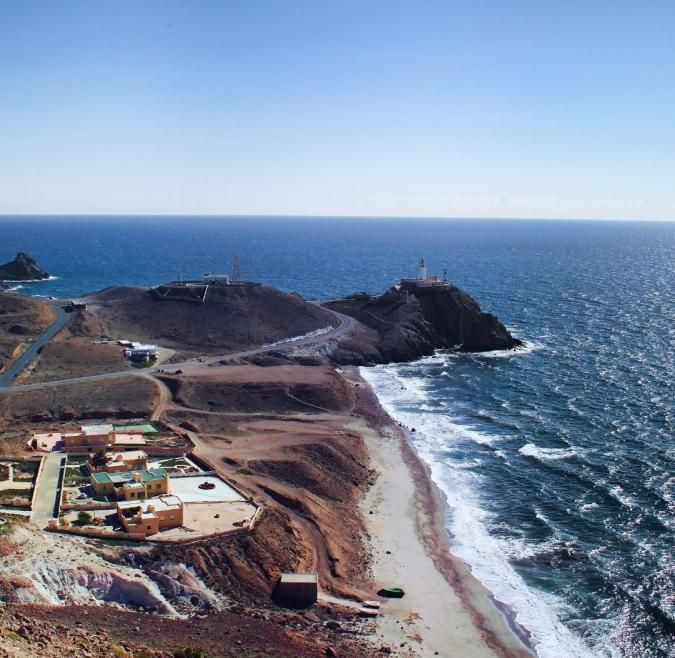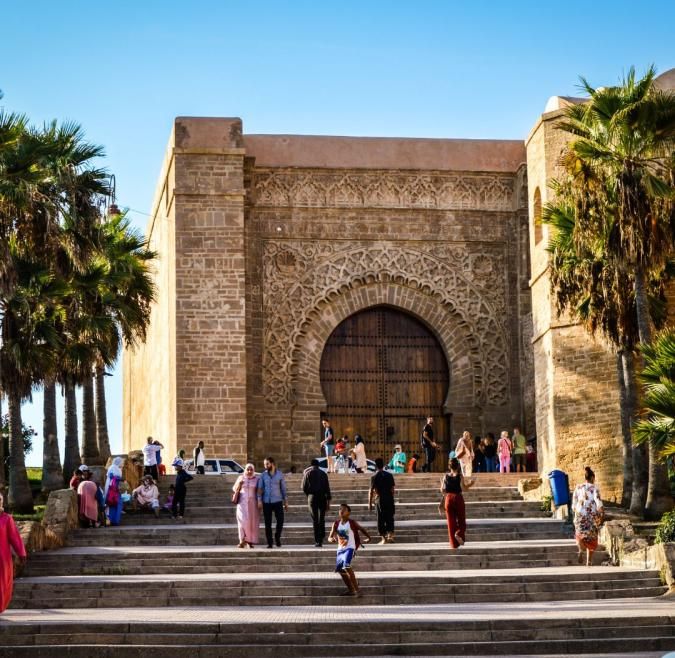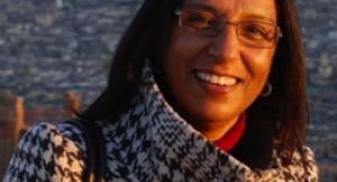Summer: Rutgers- Labor and Climate migration from Africa to Europe
The Program
This program will place students on both sides of one of the most policed and controversial borders in the world: the line between Spain and Morocco. Students will gain hands-on experience with the politics of South-to-North migration. Course readings will come from Anthropology, Geography, History, Sociology, Political Science, and Women’s and Gender Studies. In each country, students will carry out supervised exercises in fieldwork and analysis.
Program Locations

Spain
Almería
Almería is a city in the South of Spain. It's the capital of the province with the same name. It's located on the southeastern coats of Spain on the Mediterranean Sea. It is home to intensive agriculture which represents 40% of the province's GDP. It is the only city in Europe with a hot desert climate.

Morocco
Rabat
Rabat is the capital city of Morocco located on the Atlantic Ocean. The city features a Mediterranean climate with hot and dry summers.
Academics
This program will place students on both sides of one of the most policed and controversial borders in the world: the line between Spain and Morocco. We will start on the southern shore of the Strait of Gibraltar – in Tangier, Morocco – spending time with NGOs and government experts tasked with managing international migration and refugee flows. Moving slightly east, the frontier dips around the enclaves of Ceuta and Melilla. We will visit the former city and walk along the land boundary between Africa and the European Union. Migrants from as far away as Nigeria occasionally storm that fence, motivated by poverty, political violence, and the violence of climate change. We will meet with them and with ordinary Ceutans who both host and reject these entrants. Then we follow the path of African boat people across the Strait and along the coast to the agricultural town of Almería. There, Moroccan migrants work in vegetable greenhouses, sometimes legally, sometimes under the table, and sometimes outright trafficked. We will meet with them and with Spanish organizations on all sides of the political debate regarding immigration. In every encounter, we will pay particular attention to the differential risks and opportunities of women crossing the Strait, to backlashes against migrants, and to the impact of the climate crisis. Students will gain hands-on experience with the politics of South-to-North migration – knowledge with direct relevance to highly-charged debates in the US. Course readings will come from Anthropology, Geography, History, Sociology, Political Science, and Women’s and Gender Studies. In each country, students will carry out supervised exercises in fieldwork and analysis.
By the end of the course, students should be able to:
1. Understand causes and drivers of migration from and through Morocco to Europe;
2. Detect the "climate signature" in migration that might otherwise appear only economic;
3. Appreciate the emotional burden and labor of migrants, their sending communities, and their hosting communities;
4. Analyze the motives and emotions of anti-migrant actors in Spain;
5. Basic ethnographic techniques of listening and observing.
This course will count as an elective for majors and minors in Anthropology, Sociology and Women’s, Gender, and Sexuality Studies. It will provide useful for skills for students wishing to begin careers in social service or political activism.
Housing and Meals
Students will stay in double rooms in hotels with breakfast included. They will spend their own money for lunches and dinners, with the exception of a celebratory dinner on the last night.
Financial Information
Program Costs
| NJ Resident | non-NJ Resident | |
|---|---|---|
| Undergrad Program Fee with MadRose Scholarship | $1,890 | $2,220 |
| Grad Program Fee with MadRose Scholarship | $2,100 | $2,410 |
Program Cost includes:
- Tuition (with Scholarship)
- Housing
- Some meals
- Excursions
- Administrative Fees
- Emergency Medical Access Abroad
- * (All 2024 students will be billed the amount with Scholarship thanks to the MadRose Foundation & Center for African Studies). Every Rutgers student is receiving the equivalent of $1,800 in scholarships and flights are fully funded.
Out-of-Pocket Costs
| Airfare | Subsidized by MadRose Foundation |
| Meals | $400 |
| Personal Expenses | $300 |
| Total | $700.00 |
Out-of-Pocket Cost includes:
The above costs are estimations and represent the known out-of-pocket costs students encounter during their time abroad.
Some of these expenses will be paid for prior to going abroad, such as an airline ticket, while some of these expenses, such as meals and personal expenses, will be paid in-country as part of your daily expenses. As you plan, you will need to budget these costs and spend wisely throughout your time abroad.


